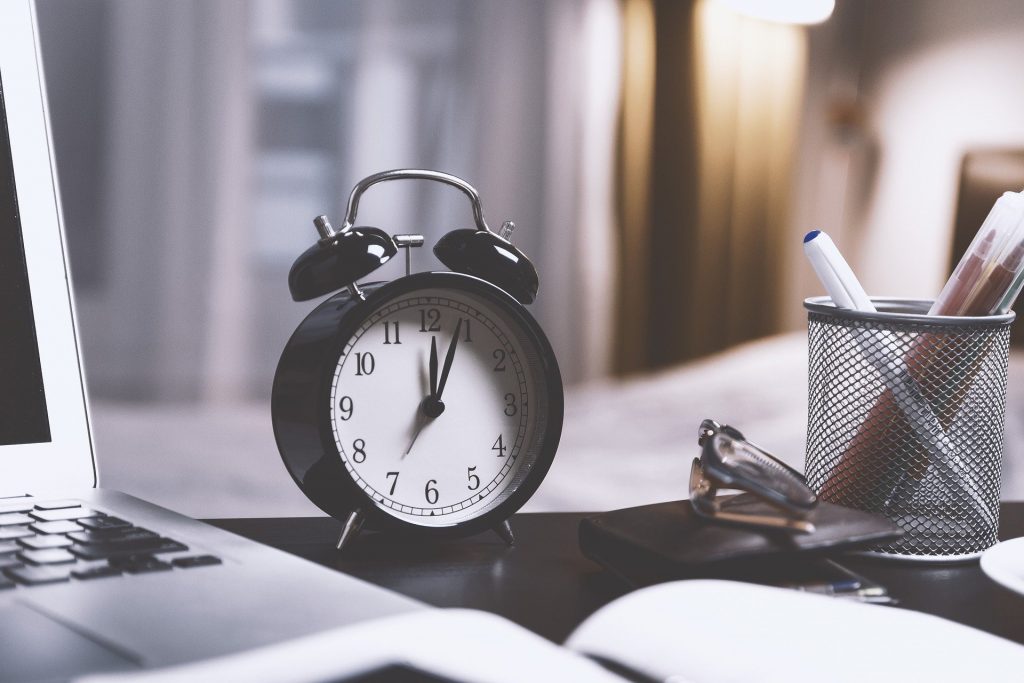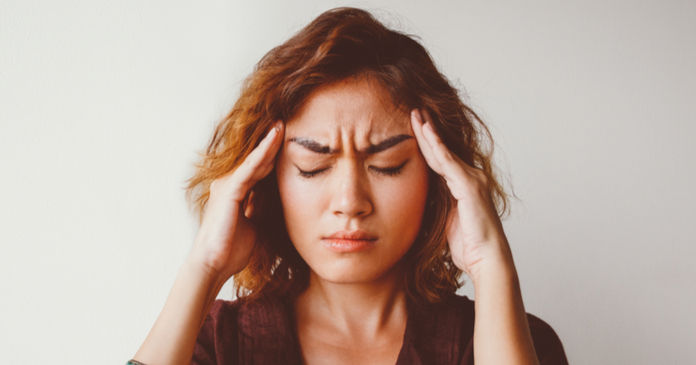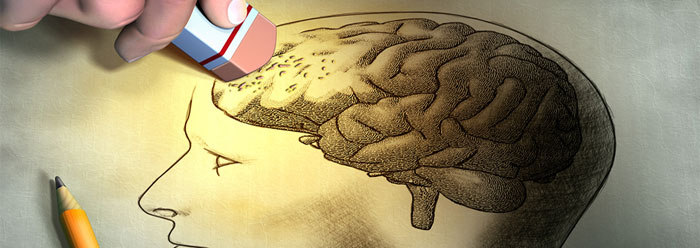What Happens To Your Brain If You Don’t Get Enough Sleep

How much sleep did you get last night? Science recommends seven to eight hours for a full night’s rest. It may be tempting to stay up for work, study or leisure and sacrifice some sleep, but science shows you would also be sacrificing other brain functions as well.
Here are five things that happen to your brain if you don’t get enough sleep.
1) You’ll be less alert

Are you paying full attention? If you didn’t get enough sleep, you might not be as alert as you think. A study from South Australia gave participants a simple hand-eye coordination task to measure the effects of fatigue on alertness. After ten hours awake, their average performance on the test took a downturn. After twenty-four hours awake, their alertness was just as impaired as people with a 0.10% blood alcohol concentration, above the legal limit of intoxication in the United States. The study concluded that only one night without sleep is as mentally damaging as being too drunk to drive.
2) Your reaction times will be slower

How quickly do you react to what happens around you? Reacting quickly is important in many tasks, but research has also found concerning links between sleep loss and reaction times. These studies asked participants to press a button as quickly as possible after random cues. Even a small restriction like sleeping for six hours a night produced a significant slowing of reaction times. Participants not only had delayed reactions, but also failed to respond at all to some cues, which may be caused by “microsleep” periods where the brain temporarily lapses out of conscious awareness.
3) Your emotions will suffer

How’s your mood after a night without sleep? Sleep deprived individuals report extremely negative moods, high irritability and volatile emotions. Research shows that sleep deprivation floods the body with stress hormones, impairs emotional intelligence, increases tendency to blame others, reduces ability to solve problems and decreases self-esteem, empathy and impulse control. Participants who were forced to stay up for fifty-six hours had “clinically significant” increases in depression, anxiety and paranoia, showing that sleep is necessary for normal emotional functioning.
4) Your memory will decline

How many of the previous tips do you remember? Research shows that sleep is crucial for the formation of memories. In sleep deprivation experiments, scientists have found that REM sleep, the deepest phase of sleep, is necessary to remember complex facts and procedures learned the previous day. By constantly waking up participants every time they entered REM sleep, they failed to learn procedures like how to play new games. When you have a big test coming up the next day, scientists actually recommend that you spend the night sleeping rather than studying.
5) Your sense of humor will disappear

Think you’re a pretty funny person? If you’ve been losing sleep lately, you might want to think again. In a study by the Walter Reed Army Institute of Research, participants were deprived of sleep and shown some simple visual and verbal jokes. Their understanding of the jokes were far below average compared to healthy individuals. Even when given caffeine, their sense of humor was still highly stunted.
Do you relate to any of the symptoms mentioned in this article? Let us know in the comments below. And don’t forget to like and share this video if you think it will help someone else. The studies and references used are listed in the description below.
References
- Dawson, D., & Reid, K. (1997). Fatigue, alcohol and performance impairment. Nature, 388(6639), 235-235.
- Joo, E. Y., Yoon, C. W., Koo, D. L., Kim, D., & Hong, S. B. (2012). Adverse effects of 24 hours of sleep deprivation on cognition and stress hormones. Journal of Clinical Neurology, 8(2), 146-150.
- Killgore, W. D. (2010). Effects of sleep deprivation on cognition. Progress in Brain Research, 185, 105-129.
- Killgore, W. D., McBride, S. A., Killgore, D. B., & Balkin, T. J. (2006). The effects of caffeine, dextroamphetamine, and modafinil on humor appreciation during sleep deprivation. Sleep, 29(6), 841-847.
- Rasch, B., & Born, J. (2013). About Sleep’s Role in Memory. Physiological Reviews.



Responses